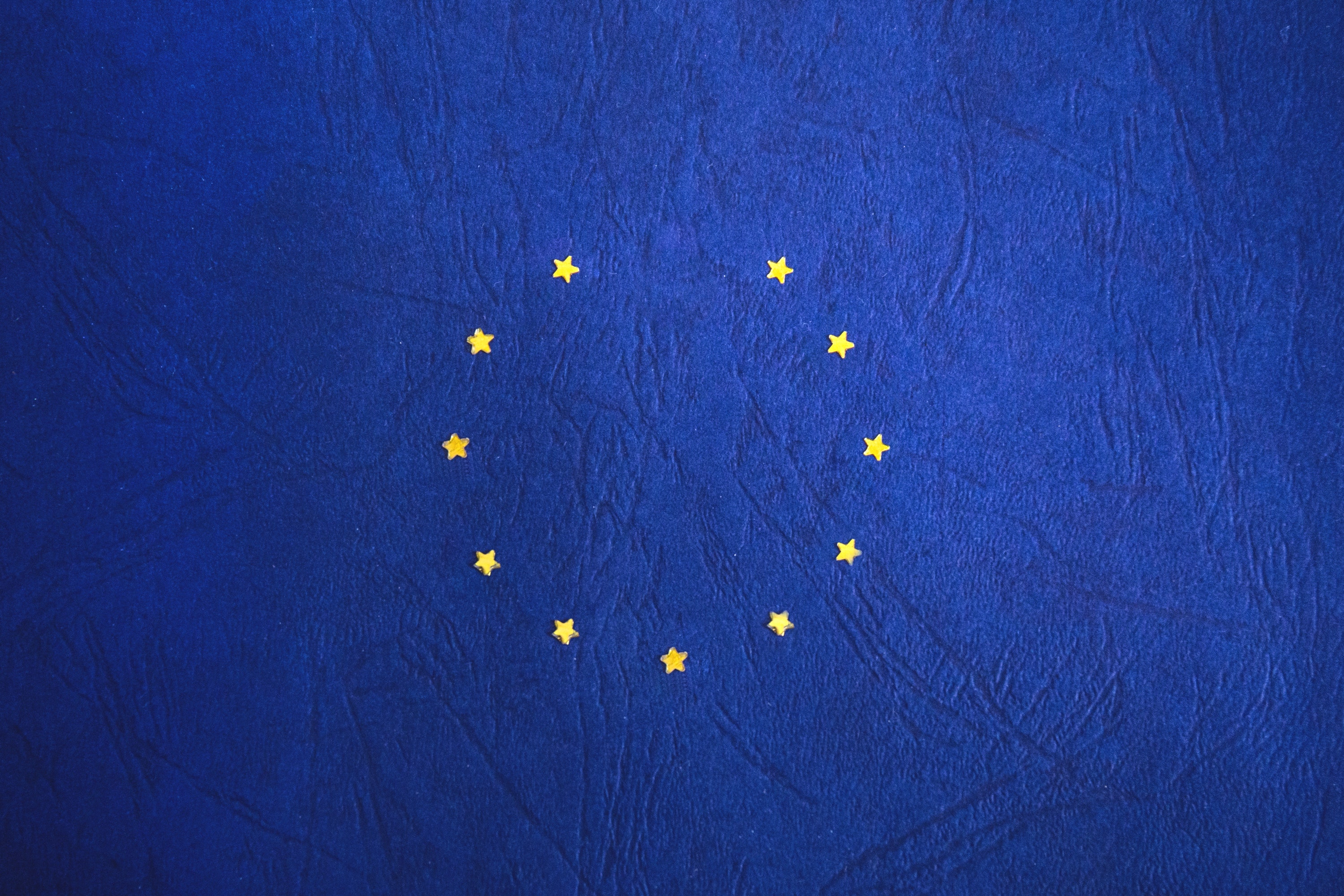Brexit: An Unspoken Threat to Human Rights

by Mark Docherty
Britain’s political turbulence is hardly going unnoticed, yet many people are unaware of yet another concerning sub-plot to Brexit. Despite previous assurances that the government will respect the European Convention on Human Rights, the wording of such promises is becoming increasingly vague, and the government refuses to issue anything legally binding.
Despite the Human Rights Act’s position as a cornerstone of British values – it has achieved near constitutional status in recent years - the most the government is prepared to do is give an assurance that the HRA will not be repealed or replaced ‘while the process of EU exit is underway’.
The absence of any long-term commitment to the HRA leaves open the possibility of a crisis in individual and minority rights. Under the current system, the HRA effectively transfers the European Convention on Human Rights into domestic law, meaning that if a group or individual believes their rights are being abused, they can make a legal challenge.
Repealing the HRA would jeopardise this system, potentially removing the legal necessity for governments to respect human rights. Theresa May has previously criticised the HRA for the difficulty it caused her as Home Secretary when trying to deport criminals but repealing it could have vast implications for ordinary citizens to have their rights encroached upon.
Campaign groups for LGBT+ rights and other civil rights organisations have expressed concerns over what the future would hold without the HRA, especially given the power currently held by the DUP. The Conservatives’ confidence-and-supply partners already stand in the way of reforming abortion laws in Northern Ireland which have been found to conflict with human rights. This calls into question what they would do without being restrained by the HRA.
While any Brexiteer will rush to tell you that Brexit is nothing to do with challenging minority rights, it is a natural extension of the underlying force behind the vote. Brexit is a rejection of universalism; a belief that Britain is superior to the rest of the world and must shake off the shackles that they perceive as being ‘imposed’ from outside.
The idea of ‘protecting their own’ can very quickly be transferred from meaning people, to Brits, to ethnic groups. The concept can be applied to ever smaller groups until a superiority complex develops. One of the underlying messages of the Leave campaign was ‘we are not all the same’.
In an increasingly globalised world where more people than ever rely on goods, services and people crossing borders, it is vital that there is regulation on individual rights which equally has jurisdiction across borders. The Human Rights Act offers legal security for minority groups against the populist trend, so it would be unpalatable for the government to sacrifice it in favour of a feeling of British exceptionalism.
While the world is becoming increasingly divided between nations, races and values, human rights bind us all together. The government must give a binding assurance of its long-term commitment to the Human Rights Act, or risk prioritising abstract nationalism over common humanity.
